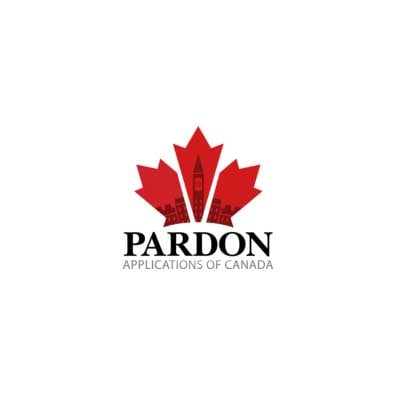
Pegah Memarpour, freelance columnist for Pardon Applications of Canada, explores the truth behind impaired driving numbers in Canada, and notes that many Canadians should remember the biggest deterrent is the non-legal consequences that result from drinking and driving.
Impaired driving incidents (both accidents and roadside stops) have been on the rise in Canada as police crackdown on drivers during the summer holidays and long weekends.
The summer season is always marked with festivals, backyard BBQ’s, and long weekends. With the passing of Canada Day to mark the start of the season, Canadian’s are urged to avoid even having a small amount of alcohol if driving.
A British Columbia youth, Alyssa Alanis, recently spoke out to the media about her traumatic experience four years ago. The accident involving a drunk driver, took the life of two B.C. teens and left Alyssa, and 5 others, with a serious life altering injuries.
Although the majority of impaired driving cases involve youth, Alyssa urged all Canadians, both old and young, to avoid driving even after a few drinks, as the cost you may face may be worse than any legal punishment.
With impaired driving being the leading cause of death in Canada, should Canadian’s be concerned about the recent rise in impaired driving incidents reported by police?
Police have reported an overall drop in impaired driving incidents since 2001. Over the last 5 years, however, Canadians have seen a steady increase in cases. From 2010-2011, rates rose by 2% in all of Canada.
Ontario and Quebec have experienced decreasing rates, while western and eastern provinces, and the territories are seeing a significant rise. With Newfoundland and Labrador having the highest rise in drinking and driving rates.
The increase in police reports have been associated to the recent changes in legislations and crackdowns by law enforcement.
To date, it is a federal offence to drive with more than 80 mgs of alcohol in your blood. Anyone operating a vehicle with alcohol in their blood over the legal limit will be charged and could face time behind bars, fines, and/or probation.
In 2008, both fines and incarceration time increased for those driving under the influence of alcohol. Fines increased from $600 to $1000, while prison time has increased from 14-30 days to 90-120 days.
If convicted, the driver will have the charge on their criminal record, which will come up during any standard criminal record check.
Provincial and territorial government have also been attempting to crack down on impaired drivers. In 2009, governments implemented punishments for those with blood alcohol levels above 0.5, but still under the legal limit. In Ontario, first time offenders will receive a 3 day license suspension, and a fine of $150.
Subsequent offences will result in increased fines, suspensions and engine-ignition lock.
“The number of impaired driving convictions is 20% higher than all other offences, at almost 84%. Less than 1 out of every 10 of the guilty cases results in a prison sentence. Meaning that the majority of people who are tried for drinking and driving are convicted, though only 8% serve prison time.”
With the rise in impaired driving incidents, Canadian courts are dealing with a higher rate of cases. In 2011, offences involving impaired driving as the most serious charge made up the majority of court cases – approximately 48,000 cases or 12%.
The number of impaired driving convictions is 20% higher than all other offences, at almost 84%. Less than 1 out of every 10 of the guilty cases results in a prison sentence. Meaning that the majority of people who are tried for drinking and driving are convicted, though only 8% serve prison time.
The average sentence length that a person will face is 30 days, and the majority of this time can be served intermittently. Meaning they may serve their sentence on weekends or with time in between.
Although these do not seem like harsh or extreme punishments to some, impaired driving can be a serious offence that may impact people for the rest of their lives. Having an impaired driving charge on a record that has been otherwise clear, can have future repercussions that effect one’s life (e.g., employment opportunities, volunteer prospects). The only way to clear one’s record afterwards is by applying for a record suspension.
Impaired Driving on your Criminal Record? Apply for a Pardon Now.
The increase in penalties and police crackdowns should be a deterrent for those who have gotten behind the wheel after having a few drinks. However, many Canadians should remember that the biggest deterrent is the non-legal consequences that result from drinking and driving.
Planning a safe way home, either by designated driver, taxi, or family member can save your life, someone else’s and avoid the stigma and legal repercussions that may result from an impaired driving charge.
Pegah Memarpour is a freelance columnist for Pardon Applications of Canada, the nationwide processing firm for Canadian Pardon (Record Suspension) & U.S. Entry Waiver applications. The opinions expressed are that of the author and do not necessarily reflect those of Pardon Applications of Canada. For a list of statistical references used in this article, or more information on Pardon Applications of Canada, call 866-383-9744 or email [email protected].
PAC’s Ongoing Service Commitment
Email [email protected]
Schedule a Call https://www.pardonapplications.ca/schedule-a-call/
My Account Dashboard https://dashboard.pardonapplications.ca/


